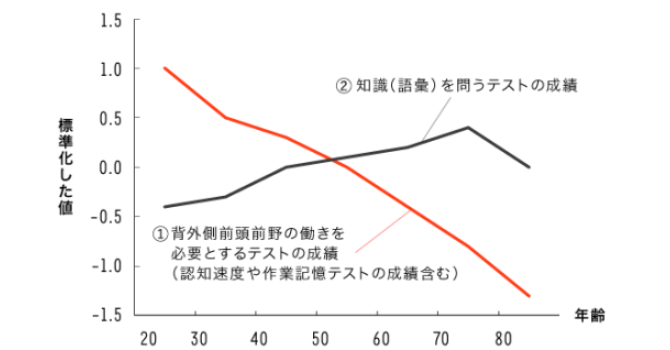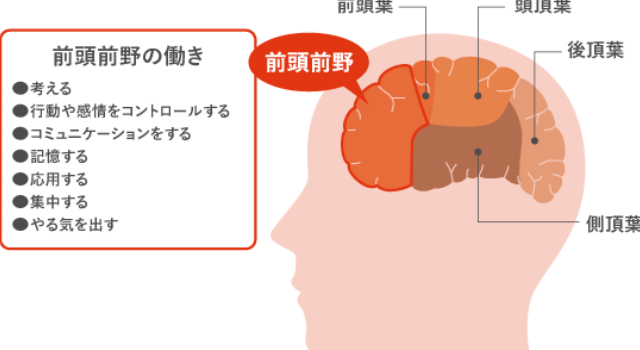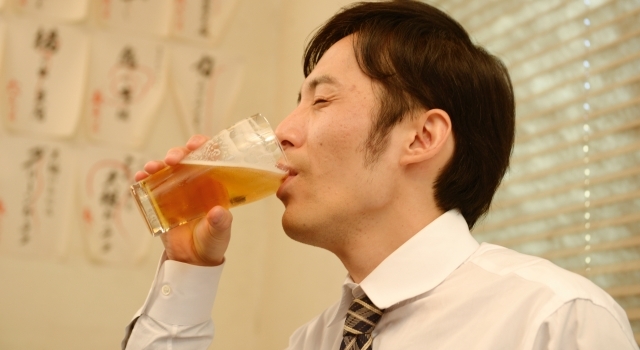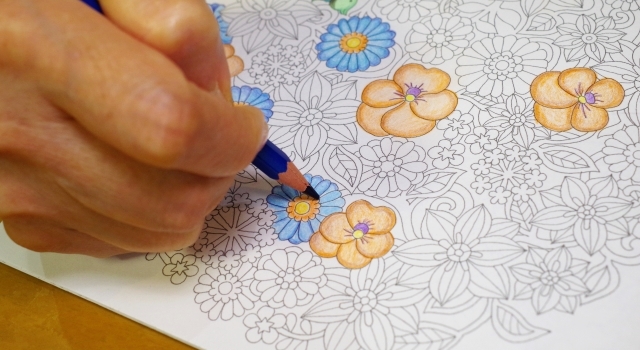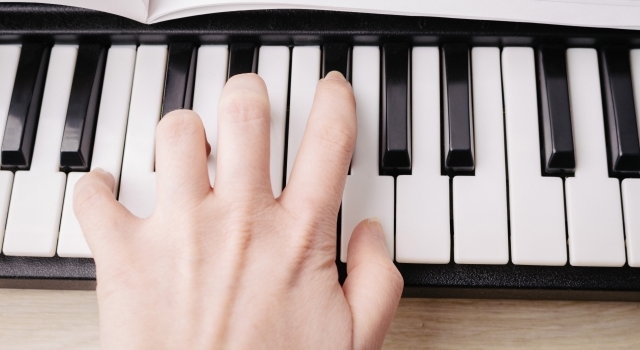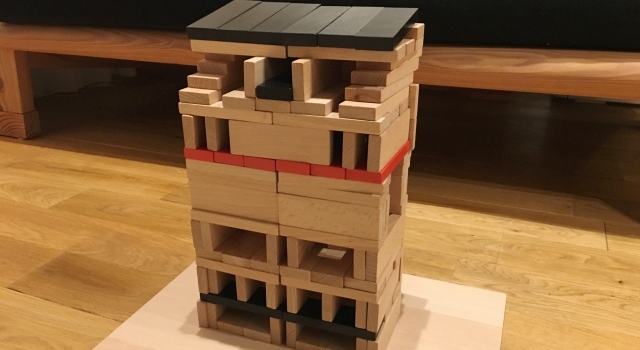Intellectual abilities such as thinking, remembering, creating ideas, controlling emotions, judging and so forth are called “cognitive functions”, and they begin to decline in a linear slope from around 20 years of age.
Many individuals may feel that their brain works best in their 40s or later (such as after they reach middle age), and in knowledge tests such as vocabulary, scores gradually improve from the 20s with maximum values in the 60s to 70s, then slowly declines. This is apparent as an individual’s life experience accumulates over time, so does wisdom as reflected in the score.
However, since cognitive function gradually declines from around 20 years of age, it can be said that the decline in brain function will prevail as an individual passes their mid-forties which can no longer be covered by their wisdom and experience.
Decline in cognitive function can include simple careless mistakes at work, lack of concentration and even the inability to remember names of people and things. If this progresses and cognitive function declines to a a point where everyday and social life becomes difficult, it will be diagnosed as dementia.
However, if we can moderate cognitive function decline or at least keep it steady, we will still be able to challenge new things and enjoy a positive life full of communication with people even as we get older.
